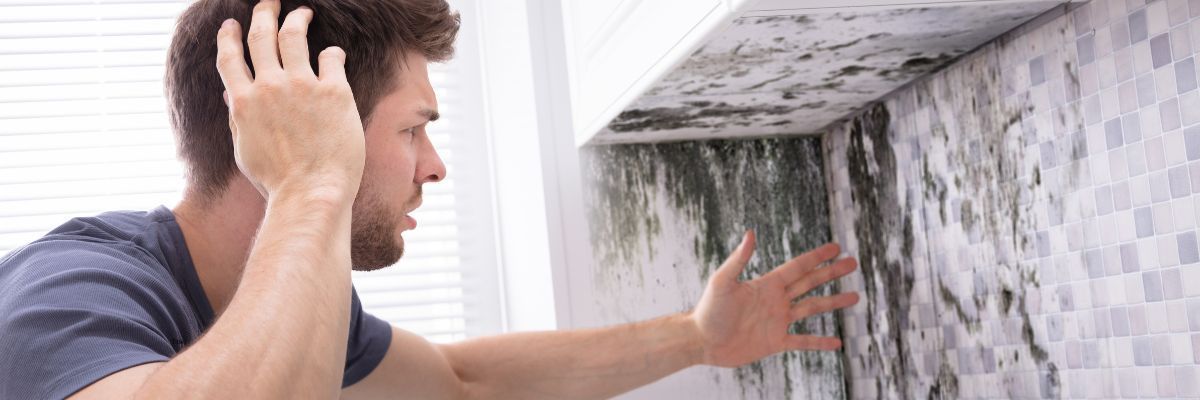Health Risks of Mold You Shouldn’t Ignore
Don't Let Mold Cause Long Term Health Problems

Mold is not just an unsightly problem on walls, ceilings, or furniture - it’s a serious health hazard that can affect anyone who spends time in an affected space. Mold thrives in damp and humid environments, often hiding behind walls, under flooring, or in poorly ventilated areas where moisture builds up. Because it spreads through microscopic spores, mold can quickly contaminate the air you breathe without you realizing it. Many people underestimate the health consequences of mold exposure, but the risks are real and should never be ignored.
Respiratory Issues
One of the most common health effects of mold exposure is irritation of the respiratory system. When mold spores are inhaled, they can trigger coughing, wheezing, throat irritation, and shortness of breath. For people who already suffer from asthma, chronic bronchitis, or other lung conditions, exposure to mold can worsen symptoms and even cause severe asthma attacks. Prolonged breathing of contaminated air may also increase the risk of developing new respiratory conditions in otherwise healthy individuals.
Allergic Reactions
Mold is a well-known allergen, and for many people, exposure can cause uncomfortable allergic reactions. Symptoms may include sneezing, a runny or stuffy nose, itchy or watery eyes, and skin rashes. These symptoms often resemble seasonal allergies, making mold-related problems easy to overlook. However, if you notice these reactions happening more often indoors—especially in areas where mold is visible—it’s likely that mold is the culprit. Continuous exposure can make these allergic reactions worse over time, leading to chronic discomfort and reduced quality of life.
Infections in Vulnerable Individuals
While healthy adults may only experience irritation and allergies, mold poses a far greater risk to those with weakened immune systems. People undergoing chemotherapy, individuals with HIV/AIDS, organ transplant recipients, or the elderly can be more vulnerable to mold-related infections. In these cases, mold can lead to fungal infections that affect the lungs, skin, or even spread throughout the body. Though rare, these infections can be serious and require medical treatment. For vulnerable individuals, keeping indoor environments mold-free is essential for protecting their health.
Toxic Mold and Neurological Effects
Certain molds, such as black mold (Stachybotrys chartarum), can produce harmful mycotoxins. These toxins may cause more severe health effects beyond allergies and respiratory problems. Prolonged exposure to toxic mold has been linked to symptoms such as headaches, chronic fatigue, difficulty concentrating, and even neurological problems like memory loss or mood changes. While not everyone exposed to toxic mold will develop these issues, the potential risks highlight why it’s important to take mold infestations seriously and remove them quickly.
Long-Term Exposure Risks
The danger of mold increases significantly when exposure happens over long periods of time. Living or working in an environment with ongoing mold growth can worsen pre-existing conditions like asthma or allergies, making them harder to manage. Children and elderly individuals are especially vulnerable, as their bodies are less capable of handling constant exposure to harmful spores. Long-term exposure can lead to chronic respiratory illnesses, persistent skin conditions, and overall weakened health. Addressing mold problems quickly prevents these lasting health impacts.
Protecting Your Health
The best way to protect yourself and your family from mold-related health risks is to take a proactive approach. Mold needs moisture to grow, so preventing leaks, reducing humidity, and improving ventilation are essential steps. If you discover mold, small patches may be cleaned safely, but larger infestations should always be handled by certified professionals who can remove it safely and prevent it from returning. The cost of ignoring mold is far higher than the cost of fixing it-your health and peace of mind depend on it.
Bottom line: Mold is more than an eyesore - it’s a health hazard that can cause allergies, respiratory problems, infections, and long-term illness. By acting quickly to address moisture issues and eliminate mold, you can protect your health and maintain a safe living or working environment.


